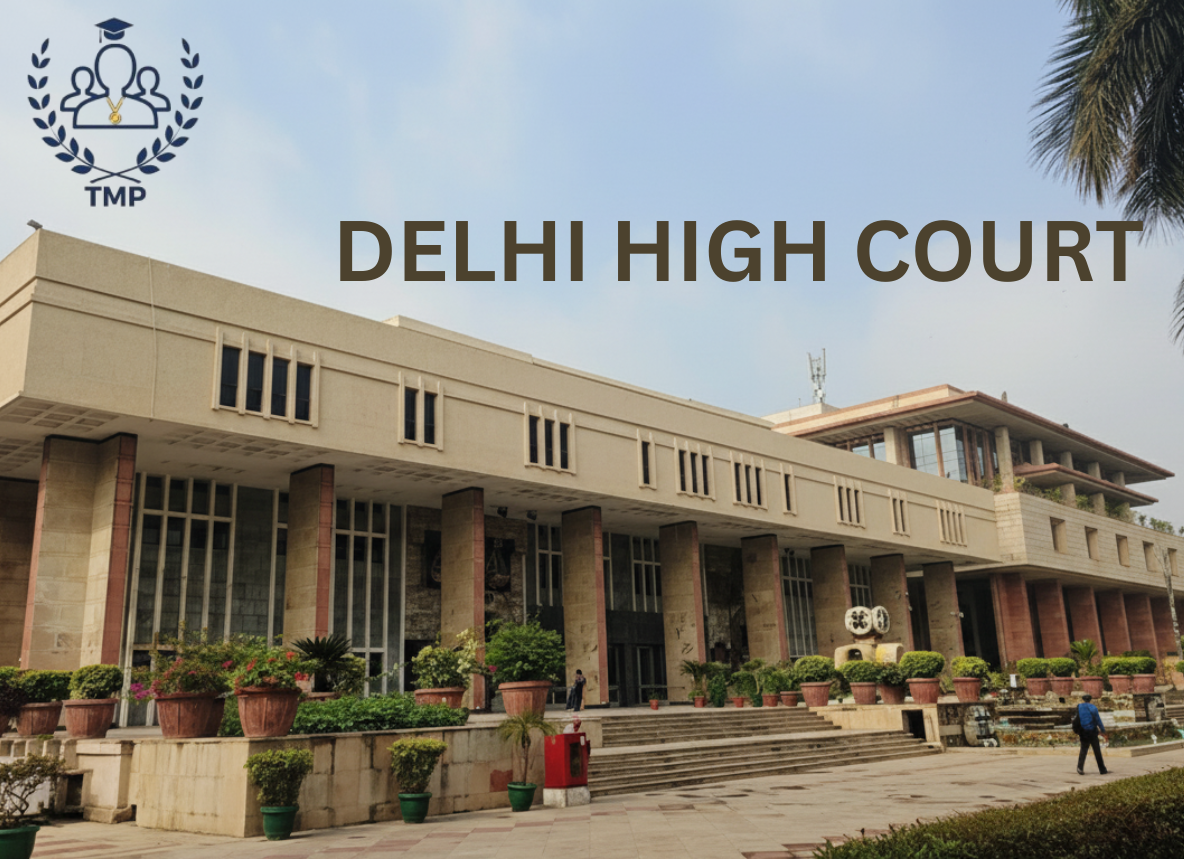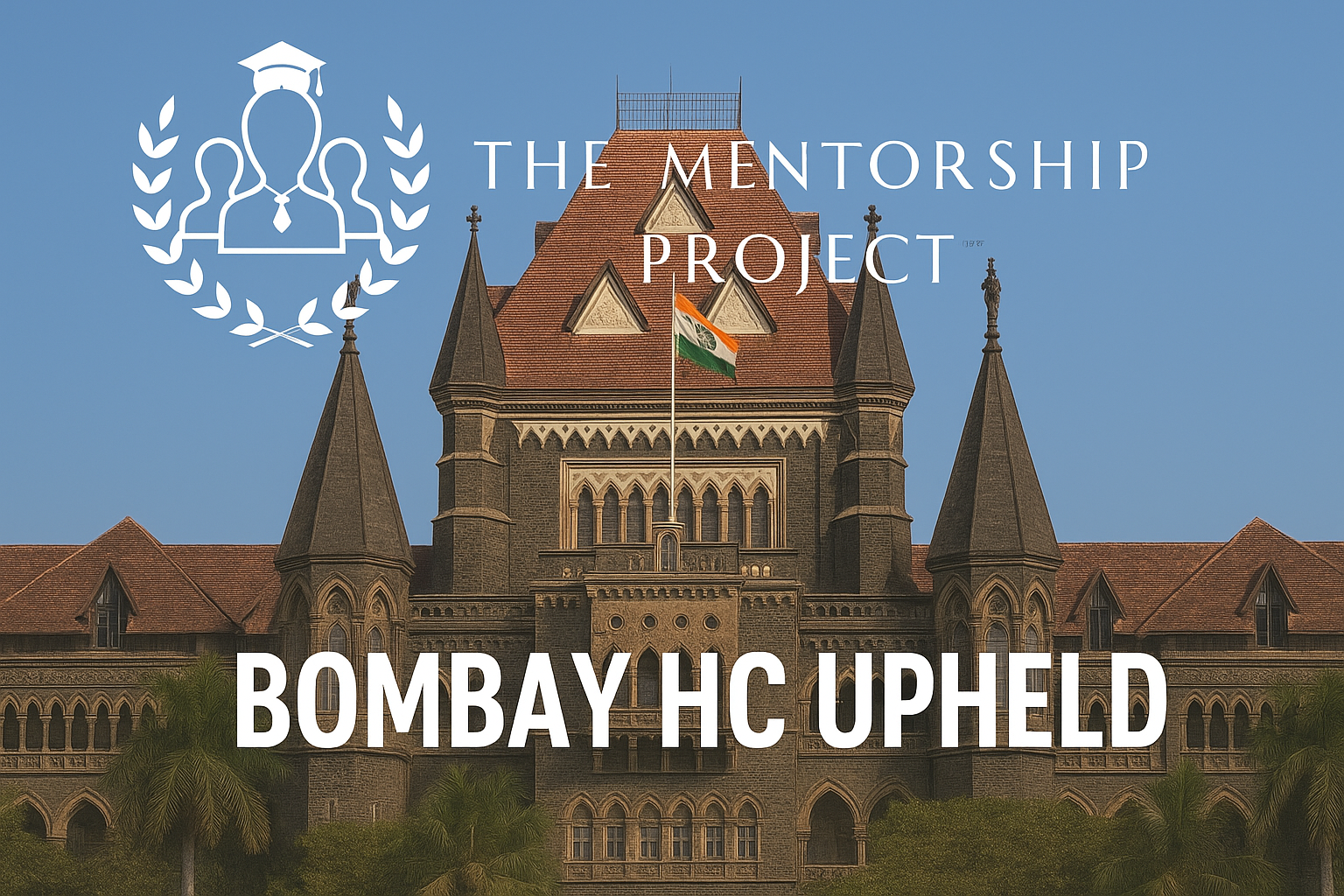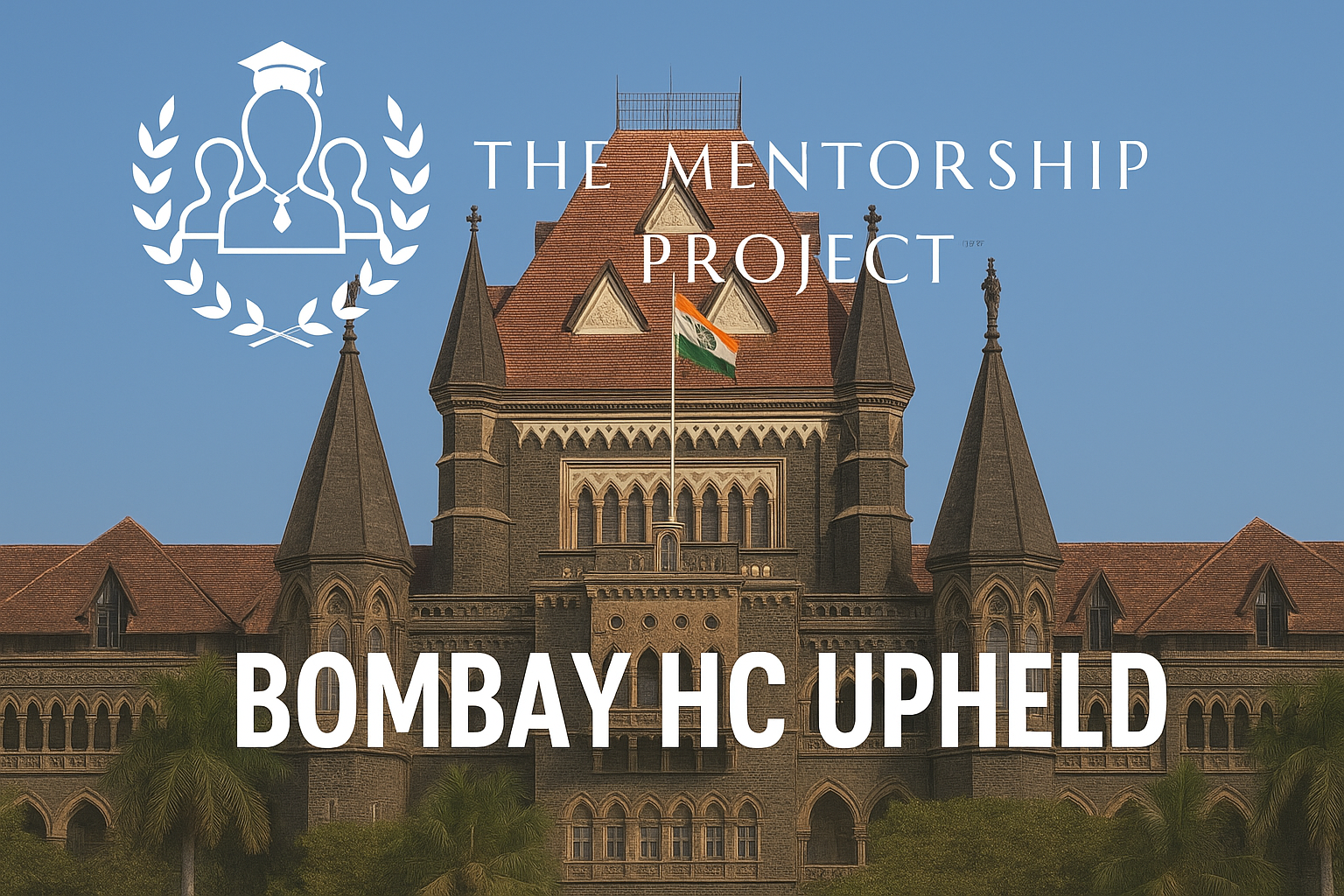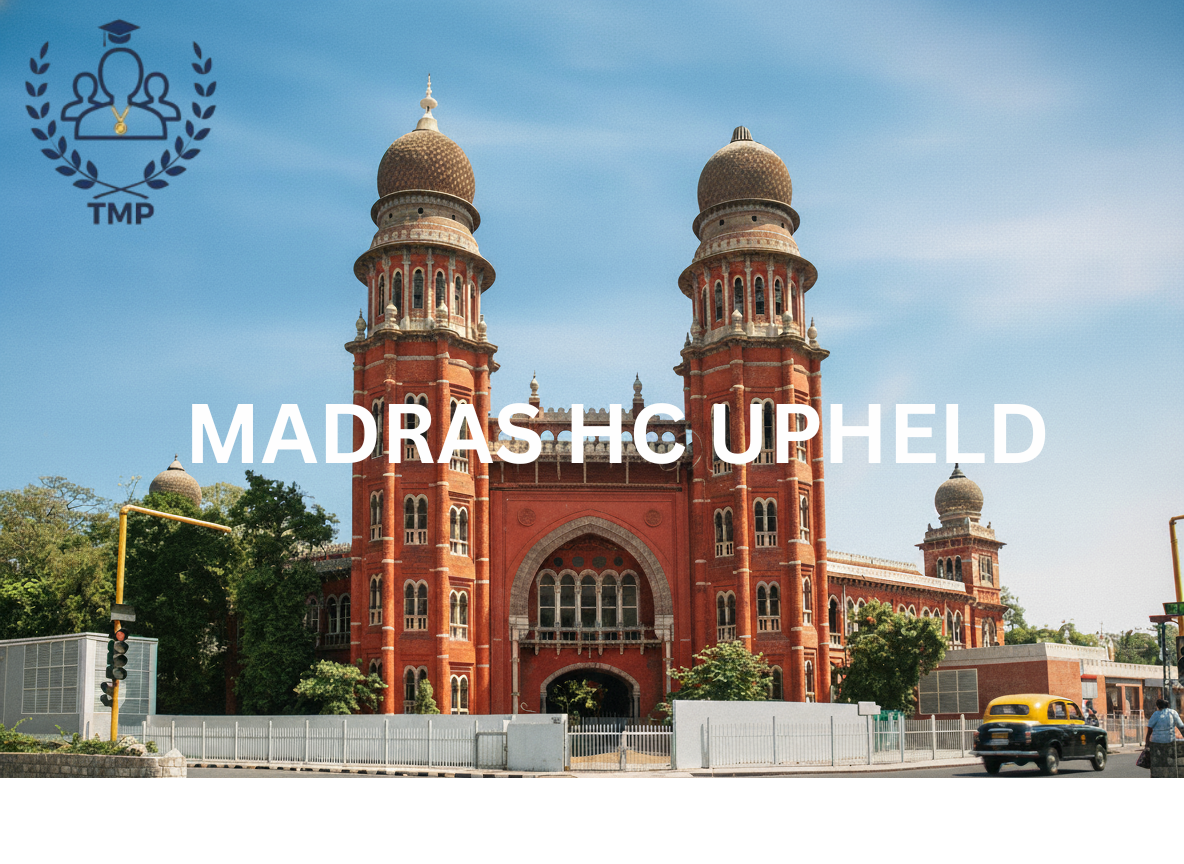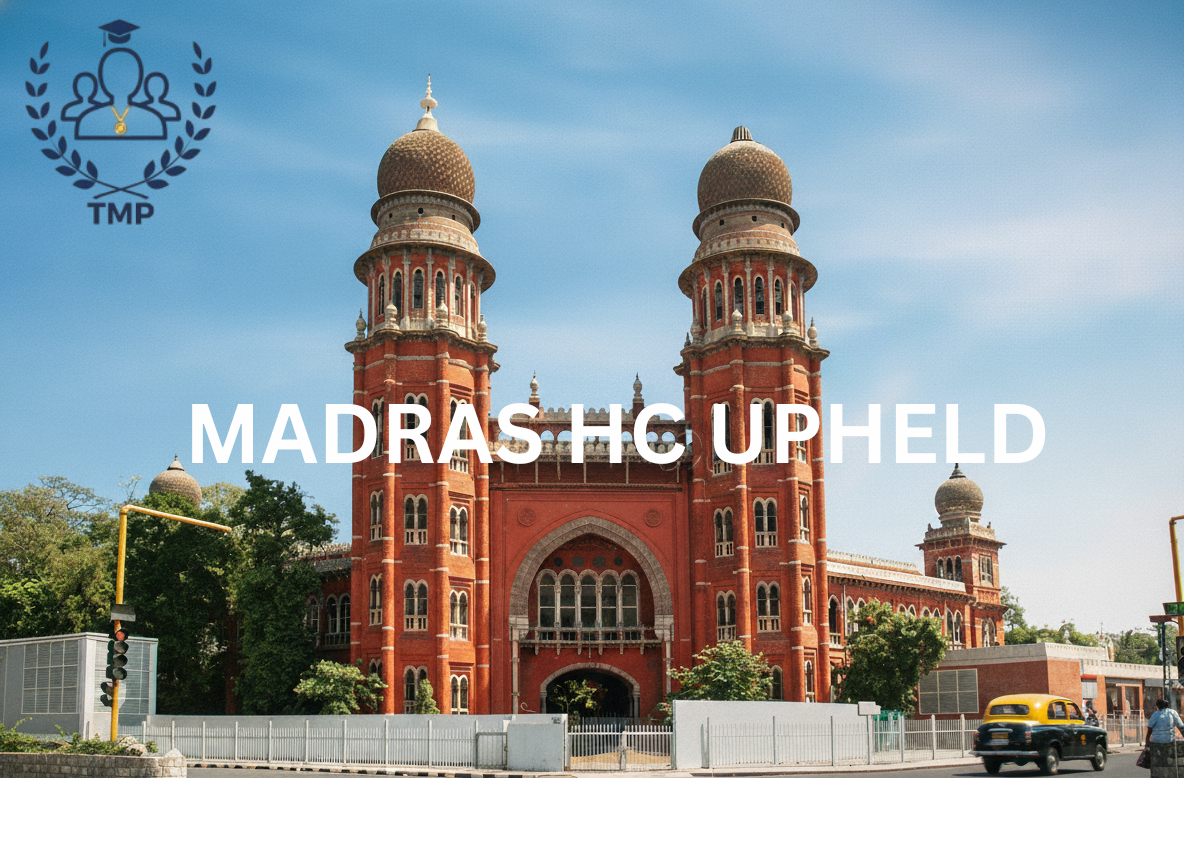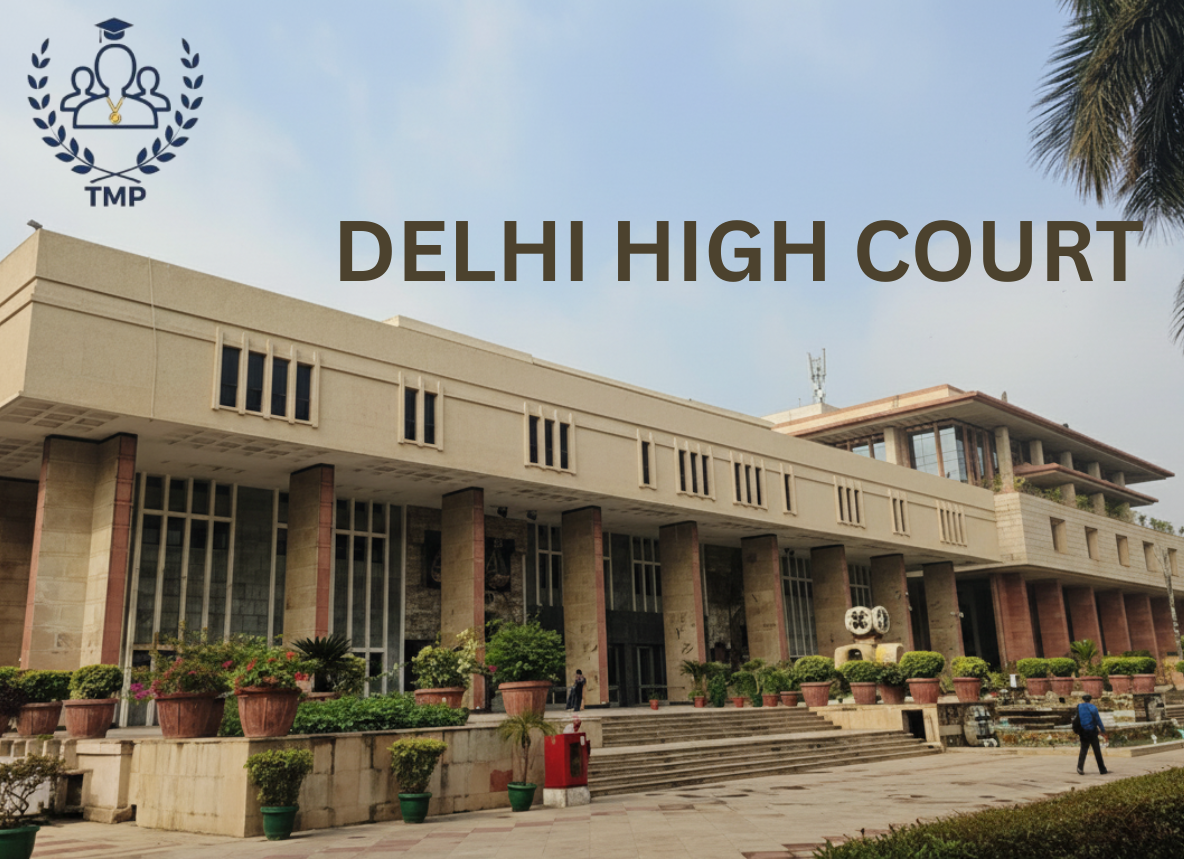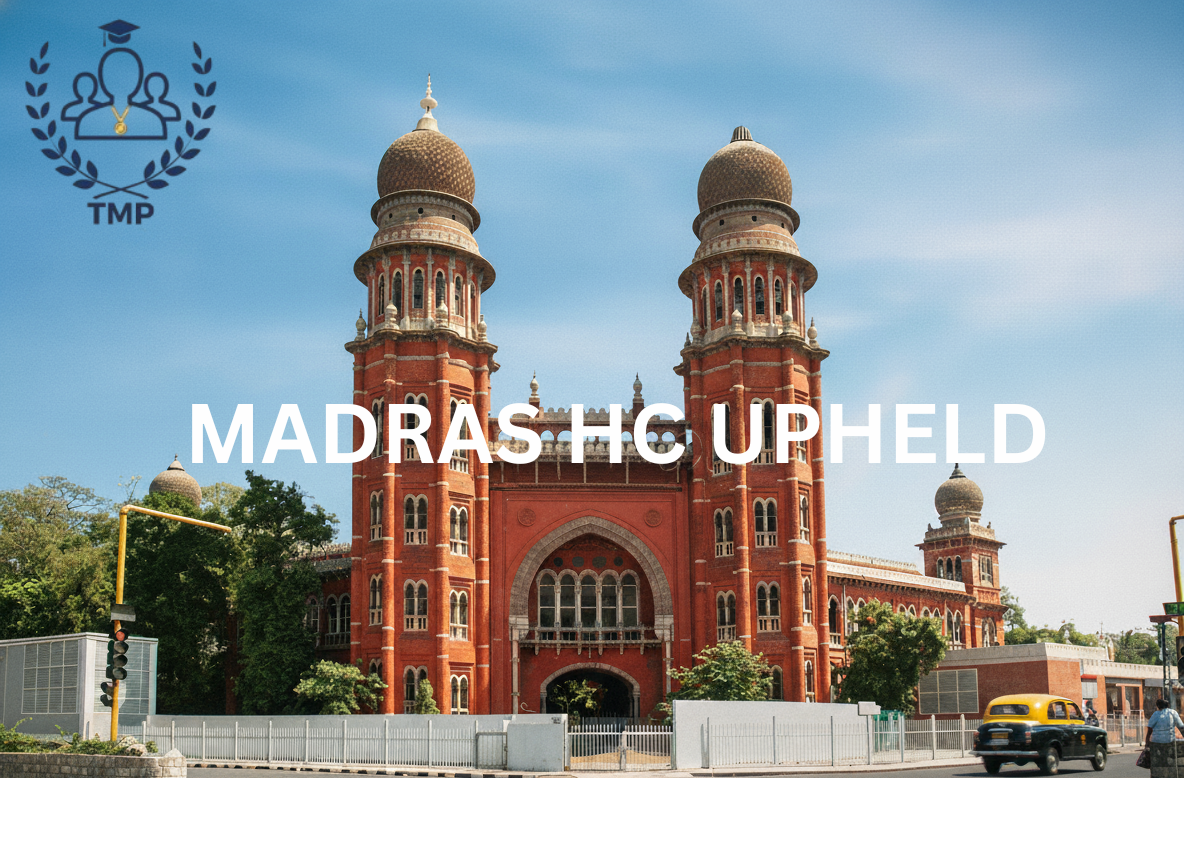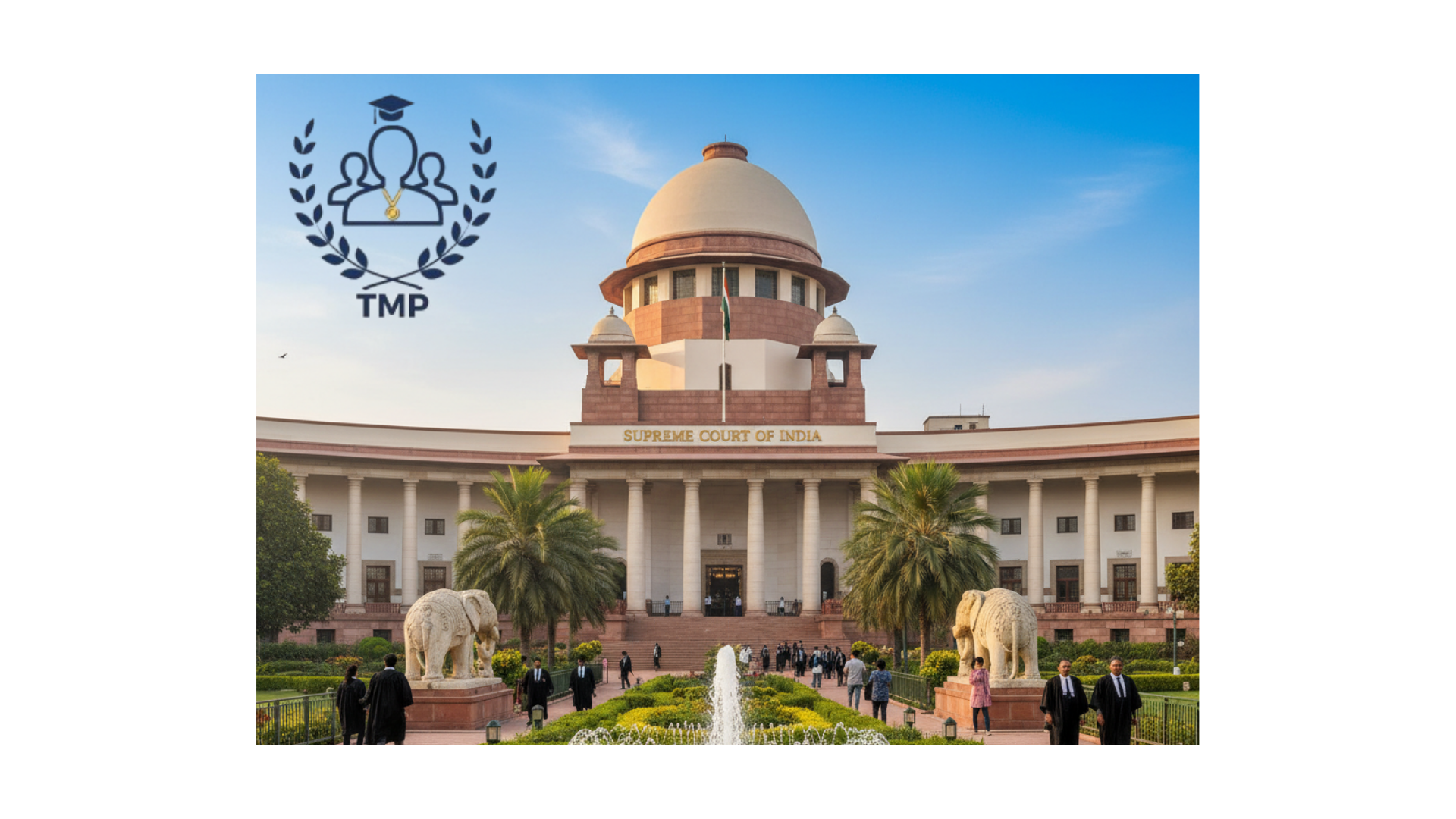October 21 , 2025
Delhi HC Grants Interim Protection to AMD Estates in ‘114 Avenue’ Project Dispute
The Delhi High Court, in a commercial dispute over the Gurugram project “114 Avenue,” granted interim protection to AMD Estates under Section 9 of the Arbitration and Conciliation Act, 1996. Justice Jasmeet Singh restrained the developer, VSR Infratech, from alienating the owner’s share, citing financial irregularities and project delays. The Court also dismissed the developer’s plea claiming a Right of First Refusal, holding the clause vague and unenforceable.
Case Name: M/s AMD Estates and Developers Pvt. Ltd. v. M/s VSR Infratech Pvt. Ltd. and VSR Infratech Pvt. Ltd. v. AMD Estates and Developers Pvt. Ltd
Neutral Citation: O.M.P.(I)(COMM.) 438/2024 & O.M.P.(I)(COMM.) 231/2025; Delhi High Court
Date:10 October 2025
Bench
Justice Jasmeet Singh.
Legal Issue
(1) Whether the landowner, AMD Estates, was entitled to interim protection under Section 9 of the Arbitration and Conciliation Act, 1996, restraining the developer, VSR Infratech, from alienating or interfering with its ownership share in the “114 Avenue” project; and (2) whether the developer’s claim of a Right of First Refusal (ROFR) under Clause 3.12 of the Collaboration Agreement was enforceable to justify an injunction against the owner.
Brief Facts
AMD Estates (Owner) and VSR Infratech (Developer) entered into a Collaboration Agreement dated 26 April 2011 to develop a commercial complex, “114 Avenue”, in Gurugram. AMD contributed the land, while VSR undertook construction at its own cost. The built-up area was to be divided, with 68.22% to the Developer and 31.78% to the Owner. Despite extensions through supplemental agreements in 2016, 2021, and 2022, the project remained incomplete.
To ensure transparency, a 2022 Memorandum of Understanding required creation of an escrow account for project revenues, but the Developer failed to operationalize it. The Owner alleged financial irregularities, diversion of funds, and wrongful cancellation of its share, seeking protection under Section 9. The Developer countered that delays were due to encroachments and claimed an ROFR under Clause 3.12, seeking to restrain the Owner from selling its units to third parties.
Judgment
The Court allowed the Owner’s petition and dismissed the Developer’s cross-petition. Applying the “triple test” for interim relief, prima facie case, balance of convenience, and irreparable harm, the Court found that the Owner, as land contributor, retained legal possession despite the Developer’s physical control. The Developer’s failure to establish the escrow account and its prolonged delay in project completion demonstrated financial indiscipline. Permitting alienation of the Owner’s share would irreversibly harm its proprietary interest. Accordingly, the Developer was restrained from alienating or creating third-party rights over the Owner’s allocated share.
Conversely, the Developer’s claim of ROFR was rejected. The Court found Clause 3.12 to be vague and conditional, lacking fixed or mutually accepted sale rates. The Developer’s own inconsistent conduct, selling units below its claimed benchmark prices, undermined its case. As any potential loss was compensable in damages, no irreparable harm was shown.
Justice Jasmeet Singh clarified that interim protection under Section 9 is meant only to preserve the arbitral subject matter and not to determine final rights. The Court’s directions ensure that the Owner’s legal and equitable rights remain safeguarded until the Arbitral Tribunal’s final decision.
TO READ THE FULL ORDER/JUDGEMENT, CLICK HERE

